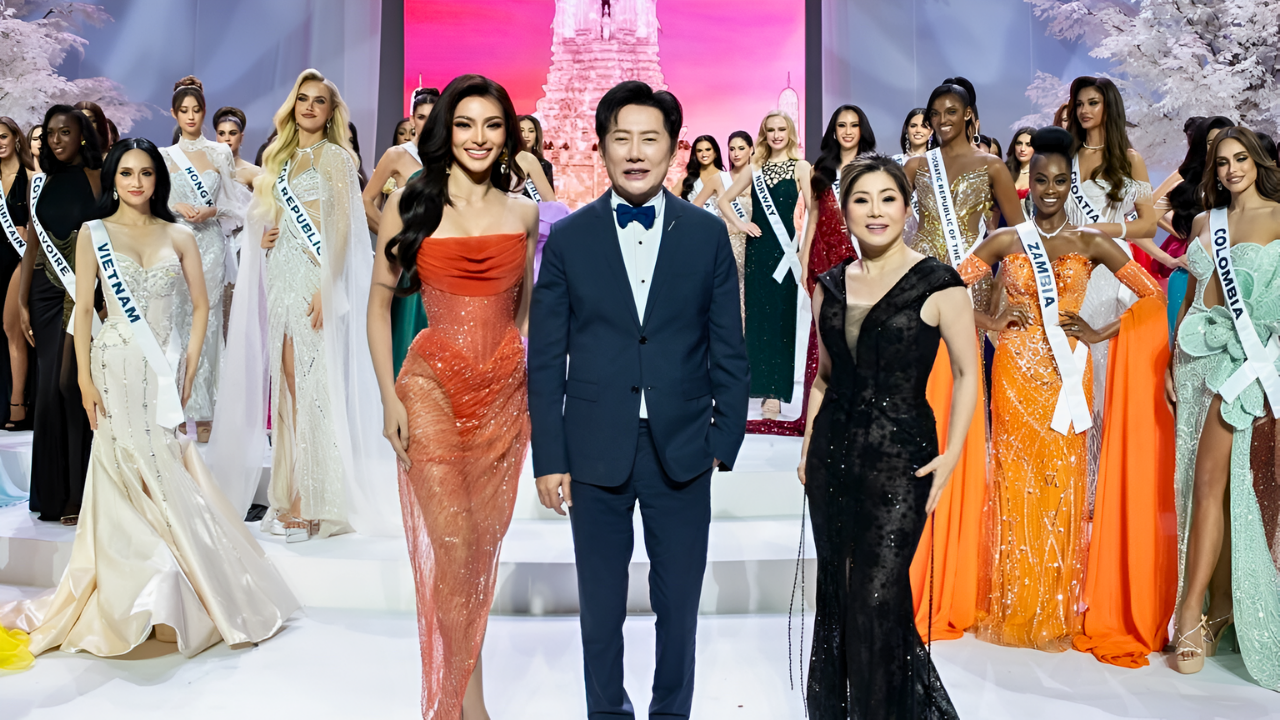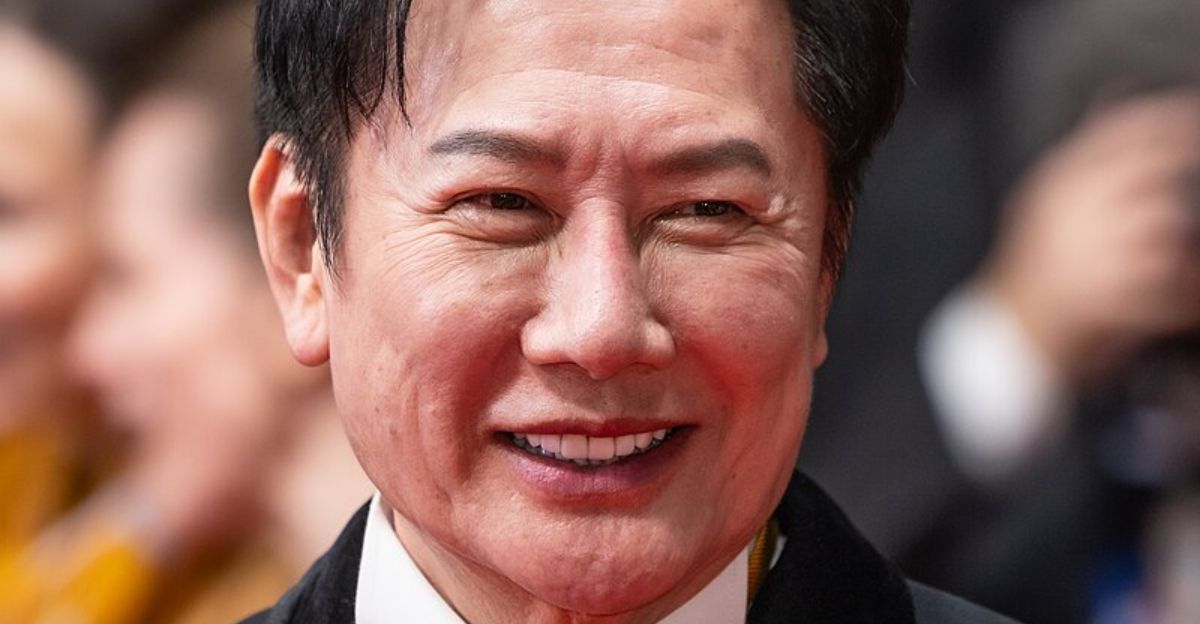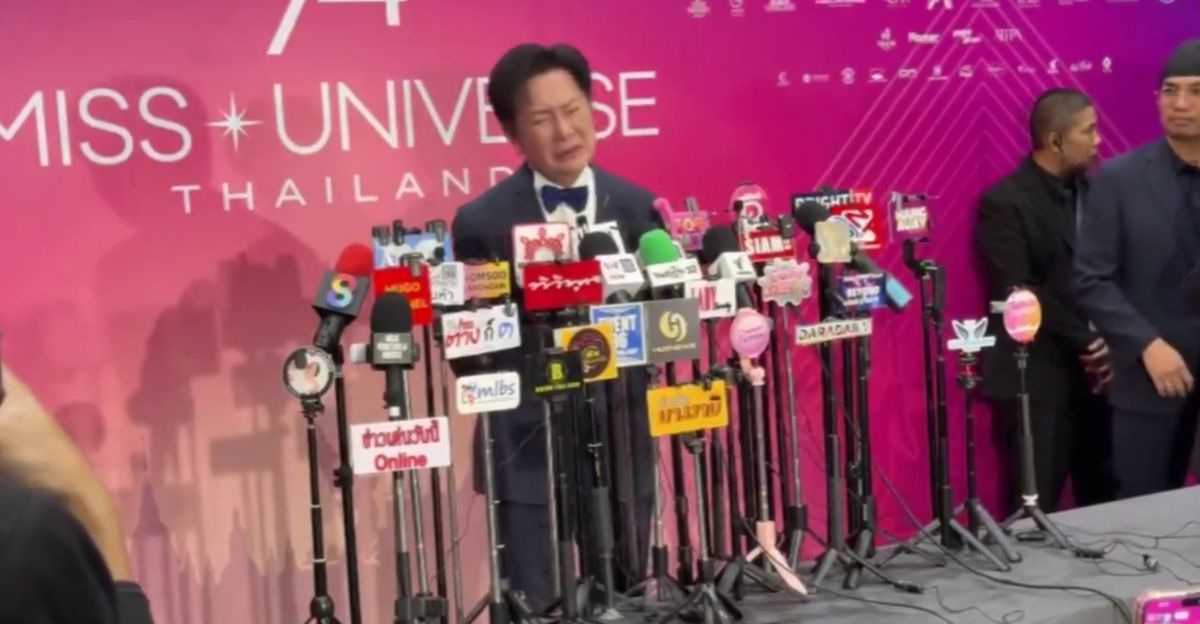
The Miss Universe 2025 pageant in Bangkok was upended by a dramatic clash between contestants and organizers, exposing deep fractures in the global beauty industry. What began as a routine competition quickly spiraled into a crisis involving public humiliation, mass protest, and legal jeopardy—culminating in the detention of Mexico’s national director and a walkout led by the reigning Miss Universe. As the world’s attention turns to the upcoming finale, the stakes have shifted from glamour to accountability.
A Public Confrontation and Mass Walkout

Tensions erupted on November 4 when Fátima Bosch, Miss Mexico, refused to participate in promotional content for an online gambling app—an act prohibited under Thai law. Nawat Itsaragrisil, the director of Miss Universe Thailand, responded by publicly insulting Bosch and ordering her removal from the room. In a striking show of unity, nearly all 130 contestants, led by reigning Miss Universe Victoria Kjær Theilvig, staged a walkout in protest. Theilvig declared, “This is about women’s rights,” amplifying the moment’s significance and sending shockwaves through the pageant world.
The incident marked a turning point: for the first time, contestants collectively rejected disrespect and demanded accountability from those in power. The walkout was not just a protest—it was a global statement about dignity and solidarity in an industry often criticized for its treatment of women.
Allegations and Organizational Dysfunction
The fallout extended beyond the walkout. Jorge Figueroa, Mexico’s Miss Universe director, was detained by Thai police over his organization’s sponsorship of the gambling app, Playtime, which violated Thailand’s strict prohibition on gaming. The sponsorship deal, reportedly worth millions, had been approved by the Miss Universe Organization despite warnings about its legality. The police raid, which targeted the Mexican delegation, underscored the seriousness of the breach and signaled a deliberate response from Thai authorities.
Further allegations surfaced against Figueroa. Martha Cristiana, former Miss Universe Mexico director, described him as a “rotten apple” responsible for mistreatment and irregularities. Michelle Domínguez, Miss Quintana Roo 2025, publicly accused Figueroa of manipulation and inciting violence against her. These accounts painted a picture of systematic abuse and deep dysfunction within the organization, raising urgent questions about oversight and contestant safety.
Locked Doors and Escalating Tensions

The crisis deepened as Nawat ordered security to seal the exits during his tirade, effectively confining contestants and escalating the situation from verbal confrontation to physical control. Hours later, Nawat issued a tearful apology, claiming a misunderstanding over his words and admitting he had “lost control.” However, the damage was done—trust had been broken, and the contestants’ collective action had already reshaped the narrative.
The Miss Universe Organization responded by restricting Nawat’s involvement and modifying event schedules to prevent further contact between him and the contestants. Yet, the lack of a comprehensive public statement or clear reforms left many wondering whether these measures were genuine steps toward change or mere crisis management.
A History of Disrespect and a New Era of Defiance

The events in Bangkok brought renewed scrutiny to Nawat’s history of public disrespect toward women. Past incidents included body-shaming remarks to contestants from Iceland, Vietnam, and India, which had previously sparked outrage but little systemic change. The November 4 walkout was not an isolated incident—it was the culmination of years of grievances, now met with unprecedented collective resistance.
Contestants from around the world, many competing for the first time, used social media to amplify their message. Their refusal to accept mistreatment marked a generational shift, reflecting broader social movements demanding accountability and respect. For an event built on the promise of female empowerment, the walkout became its most powerful moment—one defined not by pageantry, but by organized defiance.
Unresolved Questions and the Road Ahead

All detainees were released after questioning, but the legal and reputational fallout continues to cast a shadow over the competition. The Miss Universe Organization and its Mexican franchise have yet to clarify the status of the investigation or announce systemic reforms. Fátima Bosch, undeterred by the chaos, advanced through preliminary rounds with quiet determination, embodying the contradictions at the heart of the pageant.
As the November 21 finale approaches, the world will watch not only to see who claims the crown, but to witness whether the organization can address the failures exposed by this crisis. The outcome will shape the future of Miss Universe—and may redefine standards of accountability and respect in global pageantry.


